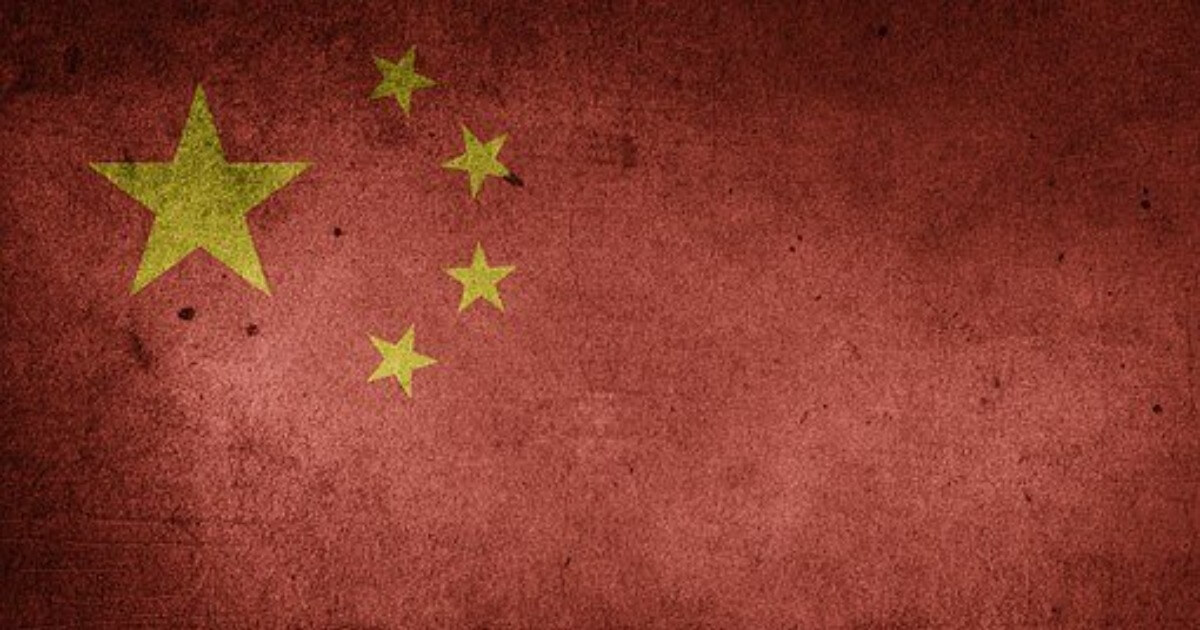Just How Deeply Ingrained is Corruption in China?
China’s anti-corruption fight requires another revolution.
August 7, 2014

China is today in the midst of an anti-corruption campaign that is unprecedented in scale and importance. With everything else that is going on, it is the issue at the very top of the country’s political agenda, and for good reason.
Corruption has been so pervasive throughout China’s history that references to it have been an integral part of popular culture for a long time.
That was brought home to me on a flight from Wuhan to Beijing not long ago. After we had landed and taxied up to the disembarkation gate, nothing happened. Five minutes went by, then 10 and soon enough it was 15 minutes. Still no action.
Then we all heard a vast commotion on the ramp outside the front door. For some reason, the door was stuck and couldn’t be opened.
Then, one of the passengers yelled, “Open the back door!” There was a vast roar of laughter throughout the plane. Most Westerners have no clue why.
“Open the back door,” you see, is a euphemism that has been used for centuries and centuries. It is a phrase the Chinese use for getting things done — through bribes on one type or another.
Of course, the passenger knew full well about the (double) meaning. He wasn’t just asking about the airplane’s back door to be opened.
Corruption persists despite forward leaps
It really is amazing. Despite China’s truly “Great Leap” forward in recent decades, propelling it toward modernity at a rapid clip, nothing underneath has really changed that much.
The term “backdoor” is as ingrained in the bones of China’s culture as are fireworks in the Spring Festival.
This is, of course, a society that has been highly hierarchical and bureaucratic for eons. In that sense, applying some pragmatic wisdom – and having a “backdoor” to get things done – is essential.
And that is why the Chinese spend much of their life creating guanxi — or mutual obligation. They engage in that practice, so that they can rely on it when they need to pull a string, or have a string pulled.
That is the moment when knowing somebody who has a connection that might help is so critical.
And it isn’t just China that relies on this mechanism. It plays an important role all over Central Asia, Japan, Korea and Vietnam, for sure.
As fascinating as it is, any Westerner really needs to be an anthropologist to understand how deep this stuff is.
The values of Confucian China
The current anti-corruption campaign in China today is dealing with acts of corruption, some of which are of gigantic proportions.
The former head of the country’s security apparatus has been taken in to custody, on suspicion of a network involving some $15 billion of bribes and other forms of corruption. Nearly four-dozen high officials have been put under investigation, as have been upwards of 300,000 of the 86 million members of the government party.
In the wisdom of Confucian China, good governance, merit and anti-corruption, together with a healthy dose of pragmatism, were the bases of successful government.
A key issue that China’s leadership is addressing today is that the “back door” has become so big and so pervasive, and that the “money collectors” have such a corrupting power, that if left unchecked, government and society itself could be destabilized. Nothing less is at stake in the anti-corruption drive, which the Xi Jinping administration has launched.
While this anti-corruption campaign is the toughest and most far reaching that China has seen in decades, to reduce corruption on a systematic basis, China is going to have to develop new methods of dissuading people from using the “back door.”
Takeaways
Read previous

8 Key Facts About Africa
August 6, 2014
